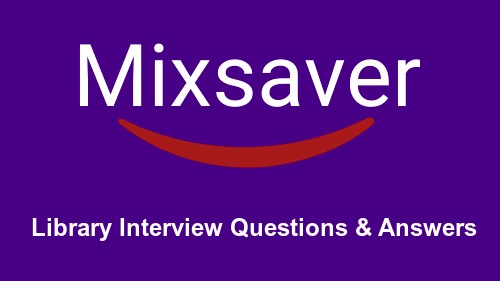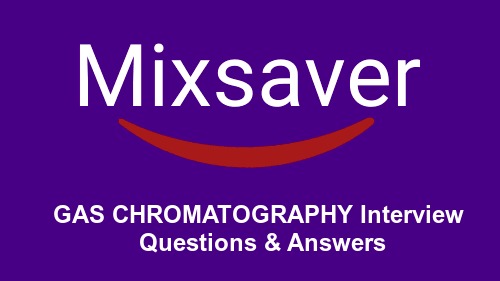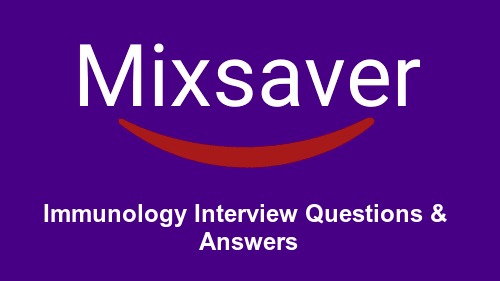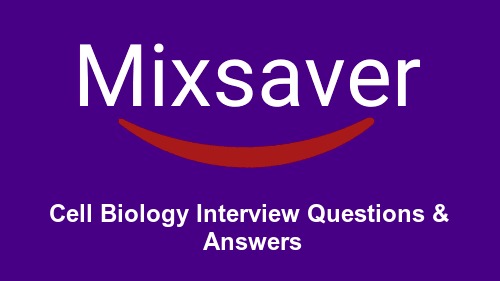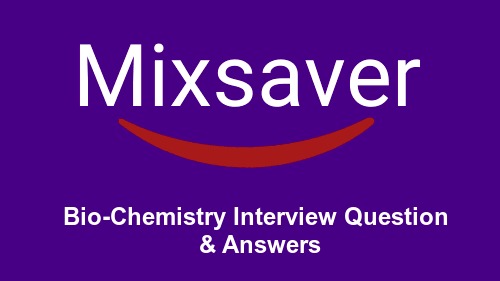1. What are your qualifications for the job of a librarian?
Briefly review your education and any related coursework. Experience, volunteer or paid, should be mentioned as well. Without arrogance, list your qualities, such as patience, cheerfulness, desire to be helpful, admiration of the written word and literature of all types. The interviewer may have time to review any related paperwork including diplomas, awards, etc. Be prepared and bring them along.
2. How technically sound are you? Are you comfortable with library management software?
The computer and the Internet are an integral part of almost every aspect in the world today. Almost every employee anywhere must use a computer and the Internet in some way.
List any software/programs you are familiar with that is regularly used by librarians.
3. What is your role in the educational system as a librarian?
As previously discussed, a librarian has an integral part in the educational system. The librarian is a resource provider for teachers and students. Teachers and librarians can jointly plan programs that help increase the students’ information and knowledge base..
4. How can the librarian and teacher work together to enhance students’ education?
A teacher and a librarian can prepare special programs from the resources they have to enhance the educational experience of the student. The teacher will generally have the goal and method of presenting the lesson; the librarian can supply the sources and location of information, and how to obtain it in usable form.
5. Do you think the physical attributes of the library make a difference to the students?
A library should be spacious with calming, sound-absorbing decor. If the library is orderly, neat and welcoming, many will come to the library to relax, read and grow in knowledge.
Another important aspect of the library is ease of obtaining data. When patrons can come and easily find the material they seek, they will tell their friends and return repeatedly.
6. What are important characteristics for a library assistant?
One important characteristic is detail orientation; library assistants are highly organized and detail oriented. They work with files, know where materials are on the various shelves, and keep customer accounts correctly updated. Strong memory is another desirable characteristic.
7. Would you say you are good with people?
Being a library assistant does require a degree of interpersonal skills, if only to be tactful and quick to help patrons locate desired material. Patience and tolerance for other people’s tastes and interests is important if you do not wish to offend people.
8. What types of library material have you worked with in the past?
Books are an obvious answer, but many libraries also include audio and video materials, microfilm, periodicals, cards and slides, etc. Sometimes these materials require treatment or cataloguing systems which are different from those of books.
9. Do you have the necessary basic proficiency with technology required for the job?
Work at the library requires the ability to use computers, the internet, and software like Word, Excel, and any library-specific catalog programs. The ability to type is desirable. Assistants should be able to operate computers themselves and instruct visitors whenever necessary.
10. Do you have experience handling books and maintaining them in good shape?
Library assistants may be responsible for book repair and maintenance.
11. What is your role in the educational system as a librarian?
As previously discussed, a librarian has an integral part in the educational system. The librarian can basically be considered as the resource provider to the teachers and their students. The teachers and the librarian should come up with programs that help in increasing the knowledge base of the students.
12. Do you think the physical attributes of the library make a difference to the students?
Yes, I think that a library should be spacious and have such colors that do not bother anyone. If the library is bright and colorful, anyone would like to come to the library and read more and therefore gain more knowledge.
Another important aspect of the library is the systematic presentation of the data that stores in the library. Therefore, if we come up with novel ways to allow better access to the students, it would be great.
13. How do you connect what you do in the library with the classroom curriculum?
? Librarian should collaborate with classroom teachers to design inquiry based units that integrate the teaching and application of information fluency skills
? Librarian should collaborate with classroom teachers to co-teach whenever possible .
14. What kind of library attracts students, staff and parents?
? Library should be a central hub for student achievement and independent learning
? Library should be a bright, warm and inviting space that welcomes students, staff and parents
? Library should be a well-maintained space that incorporates comfortable reading areas, an instructional area (for whole groups, small groups and individuals), clear signage, creative displays and technology.
15. What type of schedule would you set up for library classes?
? Librarian should be able to schedule the library space for maximum and most effective use of the space using a flexible schedule and open access
? A public version of the library’s master schedule should be clearly posted
? Librarian should schedule classes as a result of planned library use and instruction in order to integrate with classroom learning experiences
? The library schedule should provide access to resources, opportunities for independent and group learning, and instruction in information fluency skills.
